An oil furnace is used as a heat source for an office or home. It operates by burning fossil fuels, which produce heat distributed throughout the area. The oil is stored outside the office or residence and transferred to the combustion unit inside the house, where it burns and creates warm air that is then blown inside the area through vents. A home heating oil furnace uses fuel oil to create heat, while a gas furnace uses natural gas or propane.
What to check for when purchasing oil furnaces?
Before purchasing an oil furnace, some essential factors must be considered. The size of the fuel oil furnace will be important when evaluating the space needed to heat. It is vital to consider the oil furnace replacement cost when purchasing a new unit. Looking at repair costs and whether certain parts can be replaced for less cost could be worth the time and money. Venting is also an important feature to consider when installing a heating unit. Will the vents go through a chimney or use a direct venting system? Noise level is another crucial feature to research if a quieter system is a preference. Investigating oil furnace prices while reviewing the quality and reviews of well-known brands of furnaces is also essential.
What are the essential parts and features of oil furnaces?
Any furnace will comprise three main parts: blower motor, heat exchanger, and ignition. These are standard parts of the furnace, but different models may vary in their structure and working. The main parts of the ignition process include the fuel pump, burner motor, and oil nozzle. The fuel pump transfers oil from the oil tank to the burner motor. The burner motor spins to pull fuel into the combustion chamber. The oil nozzle sprays the oil so that it catches fire and creates combustion. The ventilation system works hand in hand with the furnace to heat the area. The system may use PVC pipes to draw out the furnace's exhaust.
How to take care of oil furnaces?
Maintenance of a heating unit is essential, so oil furnace tune-ups are not required frequently. Professional cleaning of the unit on a routine basis will help to ensure longevity and efficient heating. Replacing the air filters is another important task that should be checked monthly. Keeping the area around the unit clean is essential, as well as paying attention to any sound and rattling that may require a professional to come and take a look.






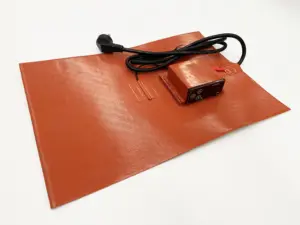















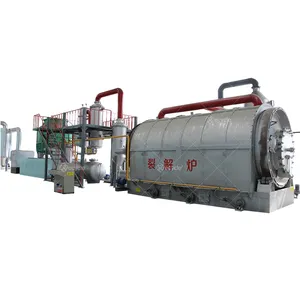

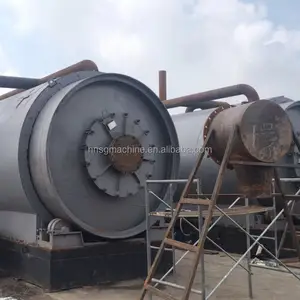










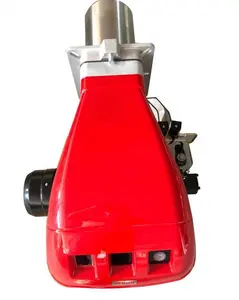











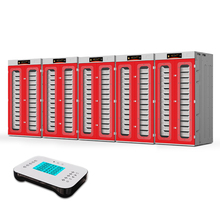
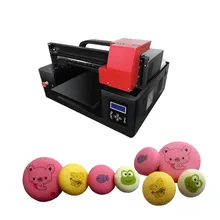




























 浙公网安备 33010002000092号
浙公网安备 33010002000092号 浙B2-20120091-4
浙B2-20120091-4